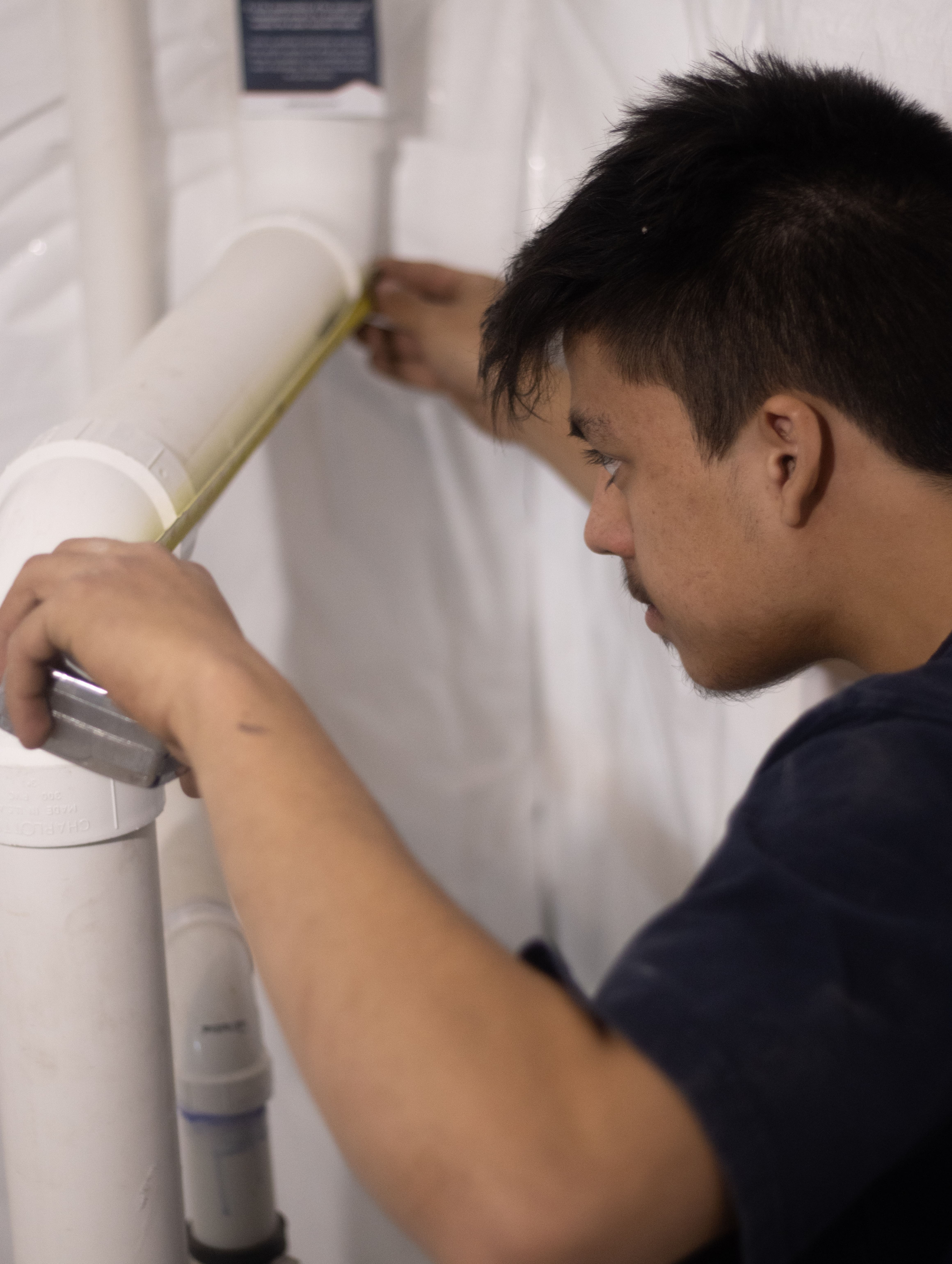2025 Radon Mitigation Cost in Denver: What Homeowners Really Pay

Radon lurks beneath half of Colorado homes, and the Mile‑High City sits in the EPA’s highest‑risk Zone 1. Before you tackle the problem, it helps to know what a mitigation system really costs in 2025—and why quotes swing from under a grand to several thousand dollars.


Radon lurks beneath half of Colorado homes, and the Mile‑High City sits in the EPA’s highest‑risk Zone 1. Before you tackle the problem, it helps to know what a mitigation system really costs in 2025—and why quotes swing from under a grand to several thousand dollars.
Why price matters in a high‑radon state
Colorado averages some of the nation’s highest indoor radon readings; roughly 50 % of homes test above the EPA action level of 4 pCi/L. Colorado Community Media Installing a system is one of the only home projects that directly reduces your lung‑cancer risk. Understanding the cost drivers lets you budget realistically—and spot bids that are too good to be true.
The 2025 cost snapshot
- Typical Denver‑area range: $1,100 – $2,500 covers most single‑family homes.
- Local contractors list $800–$1,200 for straightforward slab or sump setups and $2,000+ for larger or tricky layouts. Radon Safety LLC
- Statewide average: Colorado homeowners spend $1,600 – $4,000 when multiple foundation zones or crawl spaces are involved. absoluteradonsafety.com
- National benchmark: The U.S. average sits at $786 – $1,274, according to 2025 HomeAdvisor data—lower than Colorado because most states aren’t wrestling with the same geological hot‑spots. Home Advisor
In short, expect to land near the middle of those numbers unless your home has unusual foundations or aesthetic constraints.
Five factors that move your quote up or down
- Foundation type & number of zones
Slab‑on‑grade ranches cost least; a basement + crawl space means extra suction points, membrane work, and labor. - Square footage & footprint complexity
Larger footprints need longer piping runs, bigger fans, or multiple stacks, all of which raise material and labor hours. - Soil permeability under your house
Coarse Front Range gravels sometimes vent easily; tight clay or fill can require more powerful fans. - Discharge route & curb appeal choices
Running pipe through the garage attic keeps it out of sight but adds hours of drywall or roof‑vent work. Exterior runs with paint‑matched PVC are quicker and cheaper. - Permits, electrical & code upgrades
Denver’s 2025 building code folds radon exhaust clearances into mechanical permits. Expect $75–$200 in city fees plus a licensed electrician if no nearby outlet is available.
Real‑world scenarios
- Basic basement slab, single stack: 1,600 sq ft ranch in Lakewood – ≈ $1,250 (one 3‑in. PVC riser, low‑watt fan).
- Basement + partial crawl: 1970s split‑level in Aurora – ≈ $2,100 (sub‑membrane liner, sump lid sealing, mid‑range fan).
- Two‑zone Victorian, finished basement: Capitol Hill, built 1890 – ≈ $3,200+ (dual suction points, custom interior routing, aesthetic roof vent).
These ballpark numbers echo published contractor ranges for Denver and statewide averages. Radon Safety LLCabsoluteradonsafety.com
Hidden and long‑term costs
- Electricity: A 90‑watt fan adds roughly $50–$70 to your annual utility bill.
- Fan replacement: Most fans last 7–10 years; plan on $180–$250 for a swap.
- Post‑mitigation testing: Short‑term kits run $15–$40; professional CRM retests run $125–$200.
(All small numbers next to the lung‑cancer risk you’re eliminating.)
Ways to lower the bill without cutting corners
- Grab a free test kit first. Denver’s Public Health Department gives them away every January—and sometimes year‑round. Denvergov
- Ask about state help. Colorado’s Low‑Income Radon Mitigation Assistance program can cover up to 100 % of the install for qualifying homeowners. Colorado Community Media
- Bundle projects. Sealing a crawl space vapor barrier or adding insulation while the crew is present often costs less than two separate visits.
- Get multiple bids—but verify NRPP certification. Unlicensed pop‑ups sometimes low‑ball, then disappear when follow‑up tests fail.
Cost vs. health: the ROI
Radon is the second‑leading cause of lung cancer nationwide, behind smoking. US EPA Mitigation typically runs less than a minor roof repair yet delivers a lifetime of risk reduction—especially critical for families who spend long hours in finished basements or work‑from‑home offices.
Ready to see your exact number?
Every Denver home pulls and pressurizes soil gases differently. Custom Radon offers free, no‑pressure estimates and guarantees post‑install radon levels below 4 pCi/L—or we tweak the system at no extra charge. Click Schedule Free Estimate or call (303) 990-4506 to lock in your 2025 pricing before winter demand spikes.
